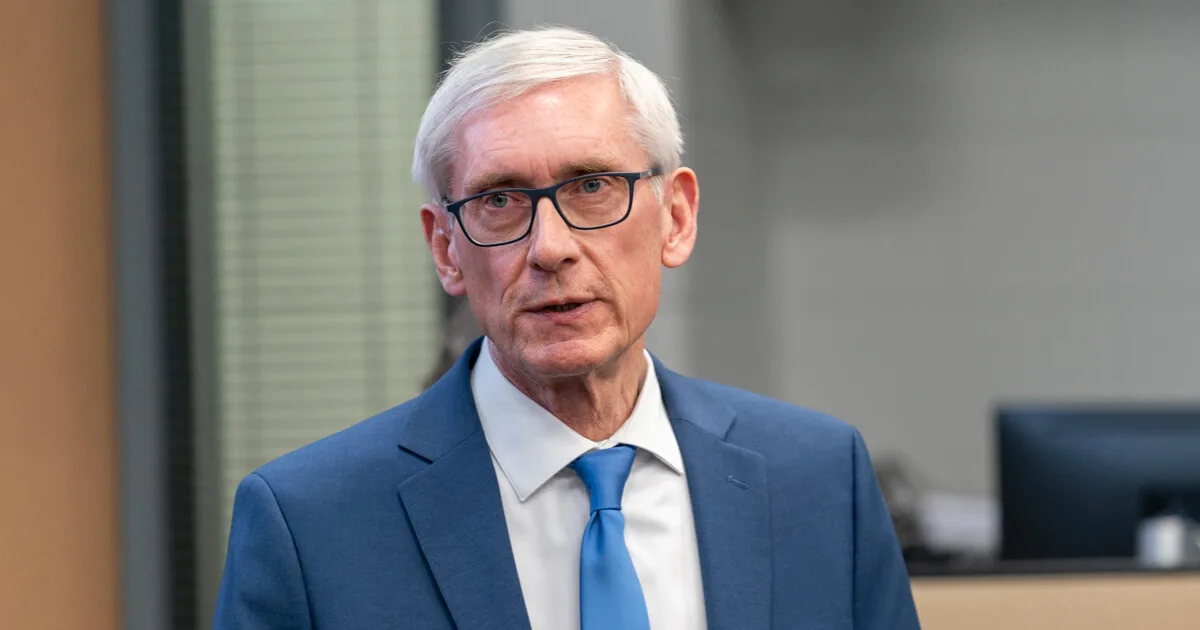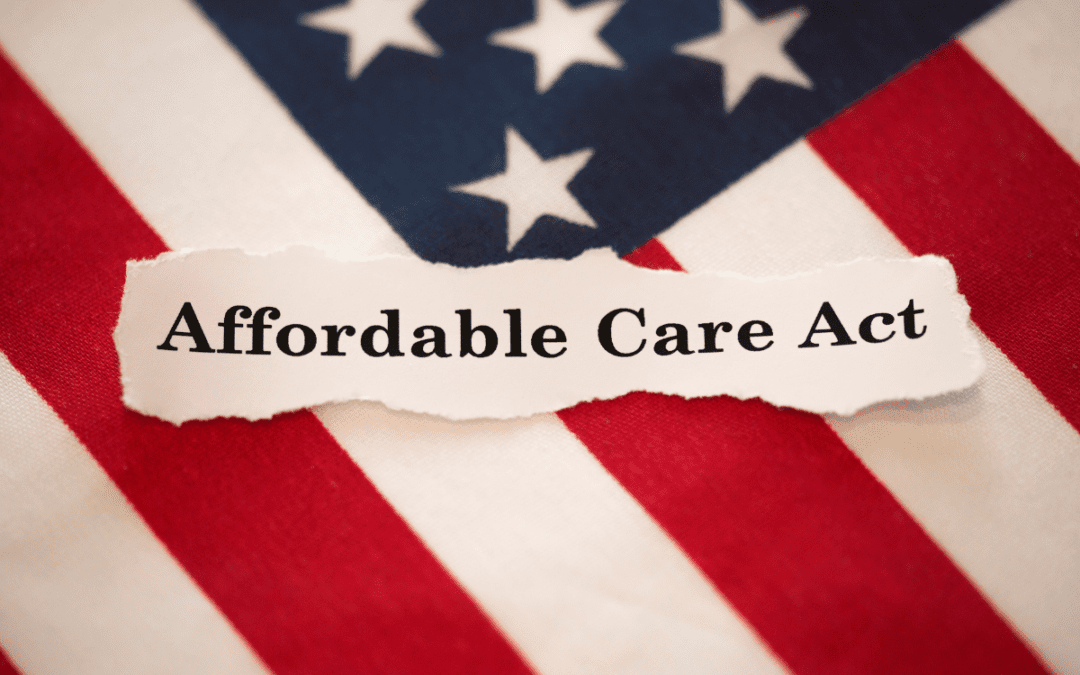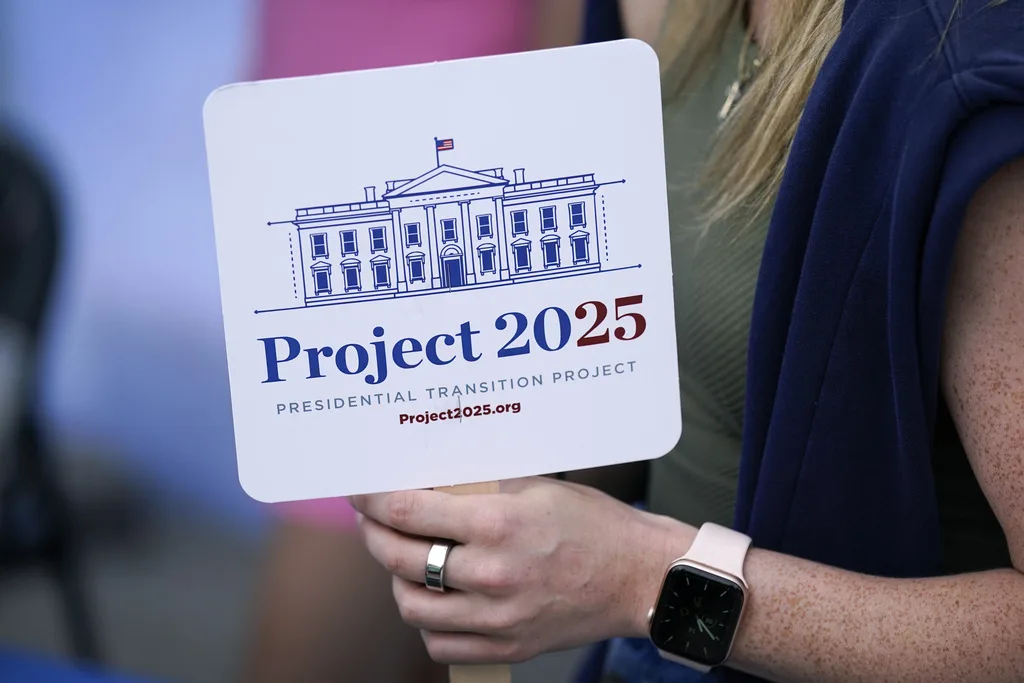
#image_title
#image_title
BadgerCare, legal pot, and more of the governor’s proposals killed after Republican vote.
Legislative Republicans on Thursday voted to remove 380 items from Gov. Tony Evers’ proposed biennial budget, cutting $3.4 billion in additional revenue including $1.6 billion in federal funds that the state would have received for expanding BadgerCare.
Wisconsin remains one of 12 states that has not expanded Medicaid. This year because of the pandemic, the federal government included an additional $1 billion along with the $600 million the state would receive to cover the expansion, if Republicans had accepted it after refusing to do so ever since the Affordable Care Act originally passed.
Rep. Evan Goyke (D-Milwaukee) and Sen. Jon Erpenbach (D-West Point) submitted an amendment that would have removed Medicaid expansion from the list of items to be cut and, according to the committee chairs, not to come up in future discussion.
“Republicans are about to make a generational mistake by saying no to Medicaid expansion and saying no to $1 billion with no strings attached,” Erpenbach said.
Erpenbach also pointed out that the decision was made by elected officials who–unlike many working Wisconsinites–were able to keep their jobs and their taxpayer-funded healthcare during the pandemic. He also criticized Republicans for referring to BadgerCare as “welfare.”
“This is a health insurance-welfare program and anyone that can’t be honest about what it is, why are we even talking about it?” Co-Chair Sen. Mark Born (R-Beaver Dam) said. “This is basic English words that are used to define these programs. … I will tell it like it is and that is what this is.”
Medicaid is actually a public health insurance program that covers a broad range of Americans, with about 60% of working age, non-disable recipients employed. Medicaid is not a single-payer government program; over two-thirds of beneficiaries are enrolled in private managed care plans, according to the Kaiser Family Foundation..
Sen. LaTonya Johnson (D-Milwaukee) told the committee how she worked 24/7 as a family child care provider but was unable to afford healthcare until she was elected to her seat. She resented the implications from her colleagues that expanding BadgerCare would provide a service to low-income people who don’t work or are lazy.
“People who are poor are some of the hardest working people in the state,” Johnson said, adding that expanding BadgerCare isn’t about expanding “welfare” but, “about providing medical care to human beings.”
Months after being sworn in, Johnson said doctors found that she’d had a five-pound growth that needed to be removed. She had gone to a clinic for low-income residents but that facility had not had an ultrasound, which would have detected the growth earlier.
Instead of processing the news and her upcoming surgery, she said she was grateful that it had been found after she’d been elected and had access to healthcare.
Rep. Greta Neubauer (D-Racine) raised the issue of the state’s racial disparities in pregnancy and birth outcomes, which are some of the highest in the country and could be reduced if more low-income women had access to healthcare. She also talked about how expanded BadgerCare would expand access to mental healthcare, recalling a conversation she had with a middle school student in her district who talked about how hard the pandemic has been.
The motion to save BadgerCare expansion from the chopping block failed along party lines. The subsequent motion to remove the 380 items from Tony Evers’ budget again passed by the Republican majority.
‘Cruel’ and ‘Selfish’
At a press conference ahead of the vote on the cuts, Erpenbach called the cuts, “politically selfish” and pointed out that many would hurt low-income Wisconsinites.
“The people at risk the most by this vote are people who can’t necessarily fend for themselves,” Erpenbach said.
“I think the biggest problem for my Republican colleagues is they can’t see beyond themselves,” Johnson told UpNorthNews in an interview. “Because they’re financially okay and their families are financially okay, they can’t find the empathy or the sympathy to care about anybody else.”
One example Johnson gave was cutting a pilot program that would have prioritized housing vouchers for homeless children.
“These are kids that have absolutely nowhere to go and you’re preventing them from basically, even as a pilot, just to be able to have the opportunity to have priority vouchers for housing,” Johnson said. “You can’t get any more cruel.”
Johnson was frustrated with the number of initiatives that were aimed at promoting equity in government departments, programs and funding. Goyke half-joked during the hearing that the Republicans had done a search for the word ‘equity’ in the budget and every item they found was added to the list to be cut. Wisconsin has some of the worst racial disparities in the nation.
“You see the governor trying to address these issues but not getting any cooperation from my Republican colleagues so these disparities that we’re seeing are never going to be addressed,” Johnson said. “At the end of the day, either we invest money to try and resolve these issues, or we invest even more money on the backend.”
Along those lines, she was frustrated Republicans cut reforms for the justice system, particularly for juveniles, which Johnson said would reduce recidivism.
“We’ve been kicking the can down the road for a very, very long time. And it’s not getting better,” Johnson said. “It gives people more opportunities to mess up, to go back to incarceration and to be incarcerated at $34,000 a year. We cannot continue to allow our correctional budget to outweigh our educational budget.”
Another program that was cut was the expansion of the 4K program to the full school day, which would reduce the burden on parents, particularly those who struggled to find child care during the pandemic.
Related: This Wisconsin Woman Left Her Job to Care for Her Kids During the Pandemic. She’s Not Alone.
Neubauer also said climate change and its disproportionate impact on Black and brown communities were the main reasons she ran for office in the first place. So it was frustrating, she said, that so many environmental provisions–measures that would have invested in renewable energy, technological innovation, and clean water—and ensured that divested communities that had been disproportionately affected by pollution—would reap the benefits. Especially since she and her colleagues had seen how popular those provisions were across the state.
“It’s hard to be here today and watch Republicans ignore the people of Wisconsin,” Neubauer said at the pre-hearing press conference.
During the hearing, Goyke pointed out that the Republicans’ list of items to cut from the budget was released before they had received all the feedback from the public on the budget.
“Adding insult to injury, it defeats the purpose of having a listening session. The Republicans heard the same messages that I did in these listening sessions, and that was, these programs were important and [the public] wanted them to stay,” Johnson said. “If you’re just going to do whatever you want to with the budget and not listen to popular opinion or what the constituents want, then save us the time. Save them the time of coming in and waiting for hours to have their voices heard for two minutes.”
Moreover, she and her Democrat colleagues are concerned that with some of the revenue pieces cut, Republicans will be looking to cut more from the budget at a time when they were hoping the state could provide some help for people who have just gone through a hard time.
“This budget is about more than just trying to balance a budget,” Johnson said. “It’s about being human. It’s about being considerate of your neighbors and trying to help them out after the most difficult time that this country has ever seen. And you don’t see that from what my Republican colleagues are trying to do to this budget.”
The nonpartisan Legislative Fiscal Bureau estimates that the state will enter the next fiscal year with a budget surplus and almost $1 billion in its rainy-day fund.
Politics

6 terrifying things that could happen if the Comstock Act is used to target abortion
Does 1873 sound like a really, really long time ago? Well, that’s because it is—but if Republicans and far-right anti-abortion activists have their...

Opinion: Many reasons why young adults should refuse to let Republicans kill the Affordable Care Act
In this op-ed, University of Wisconsin Medical School student, Samantha Crowley, shares the importance of young adults protecting the Affordable...
Local News

Stop and smell these native Wisconsin flowers this Earth Day
Spring has sprung — and here in Wisconsin, the signs are everywhere! From warmer weather and longer days to birds returning to your backyard trees....

Your guide to the 2024 Blue Ox Music Festival in Eau Claire
Eau Claire and art go hand in hand. The city is home to a multitude of sculptures, murals, and music events — including several annual showcases,...



